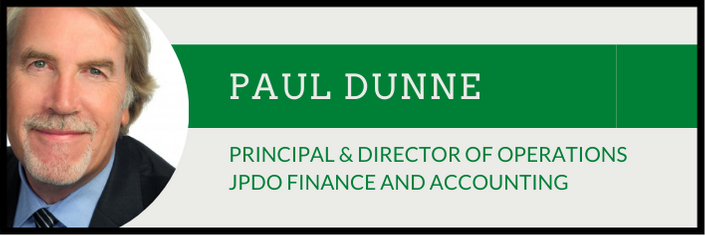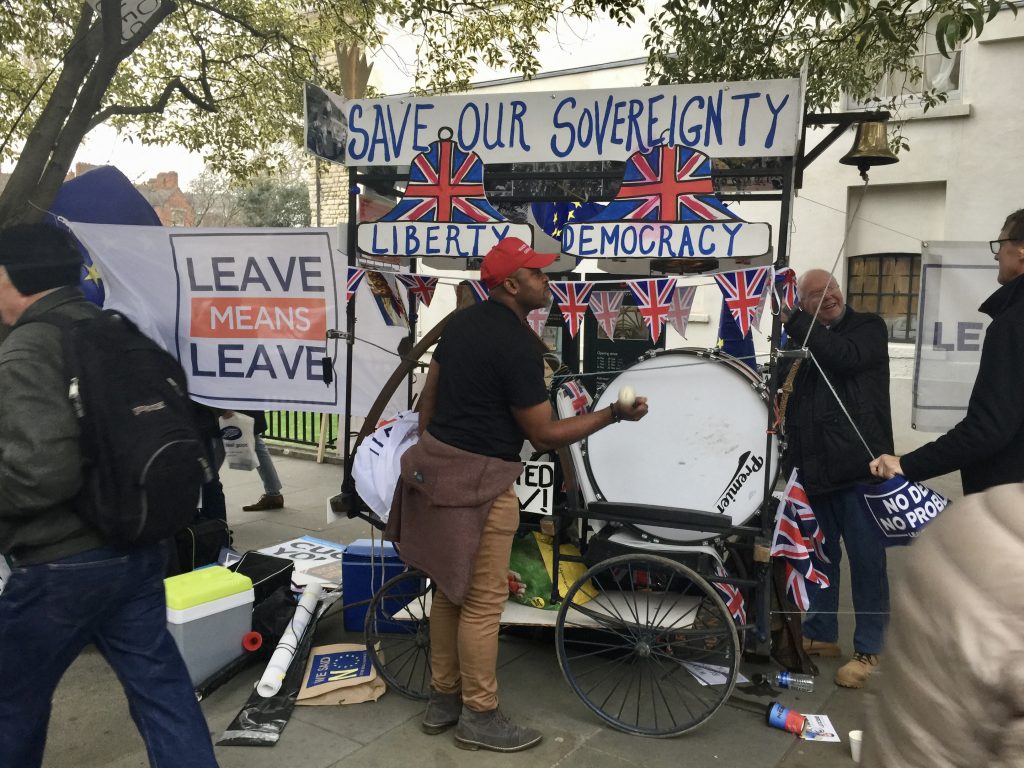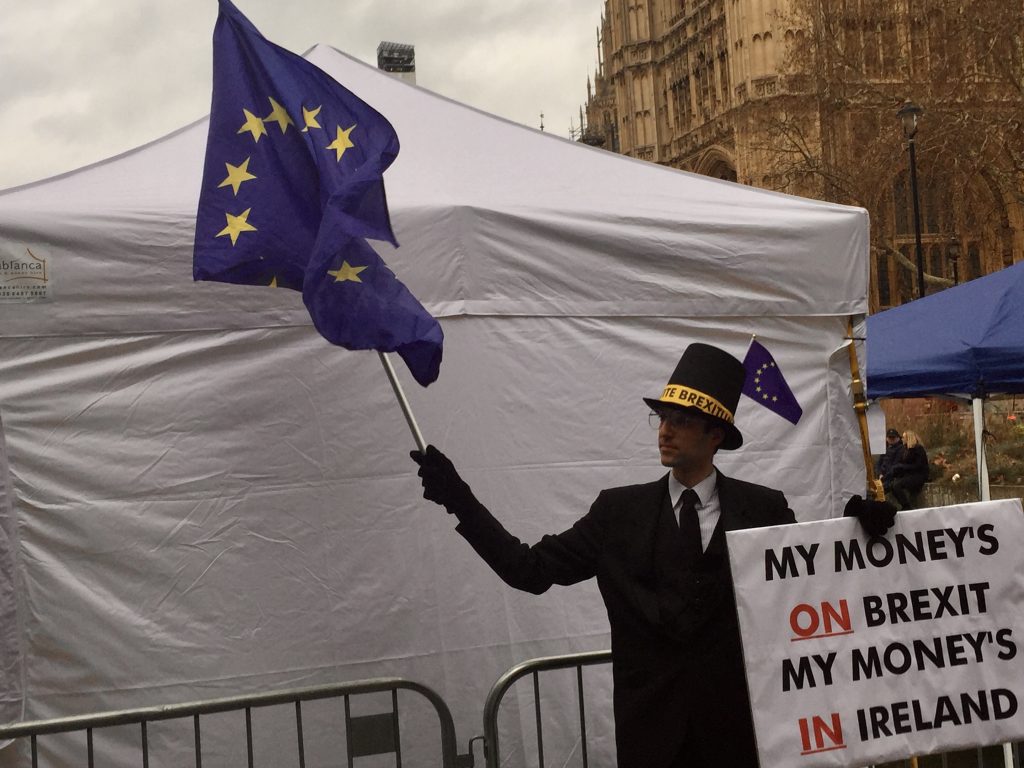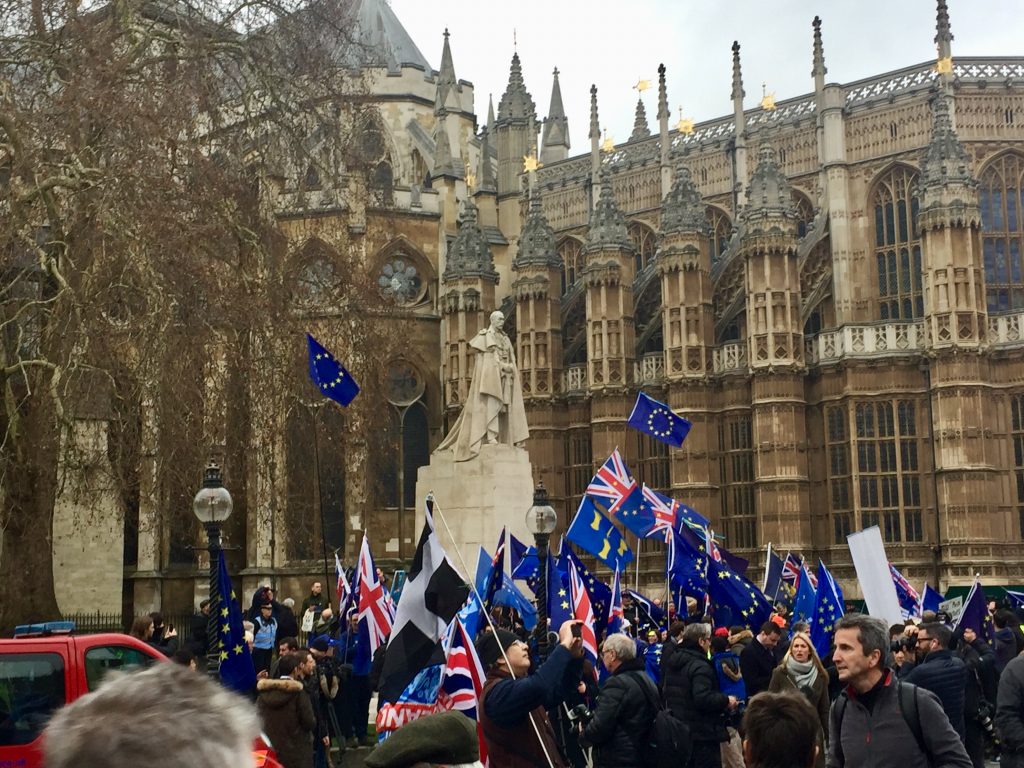Published Date: May 11th, 2020
As the clock ticks down towards a December 31 deadline for negotiations to be wrapped up, the dreaded ‘no deal’ still looms large for the UK, the EU and even Canada.

On January 31, Boris Johnston finally “got Brexit done” in what must have seemed like the end of a painfully long and winding road to those who supported Britain’s departure from the European Union. But there were also howls of protest from opponents both within the UK and beyond its borders, who pointed out that January 31 was not the end but in fact it was the beginning of the real work of Brexit. Perhaps, if he was being generous, one of Mr Johnston’s more celebrated predecessors would have described it as the “end of the beginning”.
Be that as it may, one thing did quietly expire at 11 o’clock that night and that was all hope that there might be some way of stopping or rethinking or further delaying Brexit, maybe through a second referendum.
The stark reality is few of us – if any – will live to see the UK rejoin the EU.

THE UNITED KINGDOM
Plenty of questions remain, however. What about the future of the UK? It’s too soon to tell but one thing is for sure, it doesn’t start off well as it is currently hopelessly divided. The Leave campaign like to quote absolute numbers in order to boost its significance (17 million people voted to leave!) rather than percentages (51.89 per cent voted to leave; 48.11 per cent to remain) meaning that just a three per cent swing would have delivered the opposite result. And that vote was tallied nearly four years ago. So by no definition was there an overwhelming mandate to exit the EU and about half the UK population still thinks it is a bad idea. The Remainers can only accept their defeat gracefully and no doubt they will do what they can to make the best of what they consider a bad lot but they have lost whatever voice they had to a thumping Tory parliamentary majority that will not be accountable for the future it shapes for at least another five years. The bleats of protest are barely audible.
Nothing changes until the period of transition ends on December 31 but the transition period which originally was to be 18 months, during which a new trading relationship would be negotiated with the EU, has now been cut in half and this deadline has been set in legislative stone by the Johnston government. There are few signs that negotiations will be easy or swift with the coronavirus crisis further complicating matters. In short, barring Mr Johnston agreeing to a delay he has categorically ruled out, a no-deal Brexit on December 31 is still a strong possibility.
The UK also needs to begin negotiations with new trading partners, most notably the US, and have that settled before December 31 or risk having no important trade treaties at all in place by the end of the year. However, the US is in an election year and trade agreements need to be ratified by Congress so that too would appear to be an impossible task. As I say, January 31 was, at best, only the end of the beginning.

NORTHERN IRELAND & THE REPUBLIC OF IRELAND
Under the withdrawal agreement and much to the chagrin of the Democratic Unionist Party, Northern Ireland will remain part of the European Customs Union until such time as a long-term arrangement can be negotiated between the UK and the EU ensuring no hard border between Northern Ireland in the UK and the Republic of Ireland, which remains an EU member. Northern Ireland also voted 56 per cent to stay in the EU in the 2016 referendum. The prospect of political repositioning here is much more unpredictable than Scotland. In a united Ireland vote, the consent of only one community is in practice necessary – the Protestant Irish in Northern Ireland. A minority in both the island of Ireland and the United Kingdom, this community has steadfastly and consistently supported the status quo political union with the United Kingdom and for there to be a realistic prospect of a change, this group will need to disavow the union. There is absolutely no reason to believe that this will happen in the short term but up to recently it has been a “head over heart” choice because, since 1922 until the rise of the Celtic Tiger, you were asking them to sacrifice their living standards to join with a poorer country that was hostile to their traditions and culture. The “head” economic argument has long been sidelined because the Irish economy is now clearly much stronger than the Northern Ireland economy but the “heart” argument remains existential to many because they believe that joining with the Republic would mean abandoning their history and identity. However, and probably before a united Ireland referendum, Northern Ireland can choose to remain or leave the customs union with the EU. Despite decades of bloodshed in the cause of a united Ireland, it may be Brussels and not the Republican movement that finally delivers a united Ireland!
SCOTLAND
Scotland also finds itself in an awkward position following the December election. The devolved government is currently under the control of the separatist Scottish National Party (SNP) led by the charismatic Nicola Sturgeon. Scotland voted decisively to remain in the EU in 2016 (62 per cent to 38) and the seats they also held in Westminster allowed them to act as an effective spoiler during the withdrawal agreement negotiations up to the December elections. Since then, their voice in Westminster is no longer relevant. However, Brexit may have boosted support for independence and buoyed by positive noises from Brussels, most recently by the outgoing European Council president, Donald Tusk, Ms. Sturgeon is pushing for a new independence referendum which she would sell as a way for the Scots to return to European Union membership. However, she faces two major obstacles: The first is that Scotland’s principal trading partner is the rest of the United Kingdom so a “Joxit” from the UK would probably damage rather than improve their economy in the short term. But more importantly, Scotland needs Westminster approval to hold an independence referendum and Mr. Johnston has made it clear that this will not be granted by the current government.
CANADA
Canada which activated the CETA trade agreement with the EU in 2017 will see that agreement diminish considerably in importance after December 31 because the UK is by far Canada’s largest European trading partner. Unless something is cobbled together before then, Canada will have no trade agreement with the UK. I have no idea of the Canadian government’s intentions, but it is reasonable to suppose that an agreement to simply continue under CETA terms and conditions would be the fastest and most desirable outcome from a Canadian perspective. However, there have been no moves yet to open discussions and these don’t seem likely before EU and US relationships have been dealt with.
UNITED STATES
While a few trade agreements are in place, the UK can boast of nothing significant taking effect after December 31. For that reason, much has been made of a free-trade agreement with the US. However, regulatory alignment may prove difficult to achieve. This would cover issues like the infamous prospect of selling chlorinated chicken in the UK or the thorny political issue of granting US pharmaceutical companies access to the National Health Service. As of now, the UK regulations are aligned with the EU, something Mr. Johnston has promised to delink. This raises the prospect of more flexible negotiations with the US but is likely to complicate the much more important trade relationship with the EU. It is also unlikely that the UK will be able to ratify a trade agreement with the US in an election year even if a less nationalist congress and administration were returned to power. Democrats have a long tradition of free-trade skepticism.
COVID-19
Brexit negotiations are continuing by videoconference while all of Europe is in some form of lockdown. As of April 24th, the parties do not appear to be close to agreement on any of the major outstanding issues and while an extension of the leaving date for one or two years might seem necessary, the UK has already enshrined the December 31 date in law and is showing no interest in any extension proposal which itself would have to be agreed before June 30. So while the world is consumed by Covid-19 issues, the clock ticks on Brexit and there remain only seven months to finalize a comprehensive trade agreement of infinitely greater complexity than the CETA agreement which took Canada and the EU seven years to complete.
The only conclusion to be drawn from any of this is that a protracted period of uncertainty lies ahead for the UK and anyone economically reliant on it. In short, the only thing we can be sure of is that we can’t be sure of anything.

About the author
A Fellow of the Institute of Chartered Accountants in Ireland, Paul Dunne has been a Montreal resident since the late 1970s. After working briefly as controller of a real estate development company, he joined Alcan Aluminium Limited in Montreal initially in charge of global consolidation of the financial results and later as manager of financial planning for the Alcan group. He taught advanced accounting in the CA program in McGill University for ten years and guest-lectured in the MBA programs in McGill, Concordia and HEC.
After leaving Alcan, Paul joined Domfoam International as CFO. In 1994, he left to found Eircan (now JPDO), an independent accounting firm providing cloud-based support to small businesses.
Paul has been engaged in volunteer activity since he arrived in Montreal, principally with the YMCA where he served as board chair in Montreal and vice-chair of YMCA Canada and St. Patrick’s Society where he served in many capacities, most recently as President.
Paul lives in Ile-des-Soeurs with one of his two sons and travels frequently back to Ireland without having to take time off work thanks to the magic of the internet.